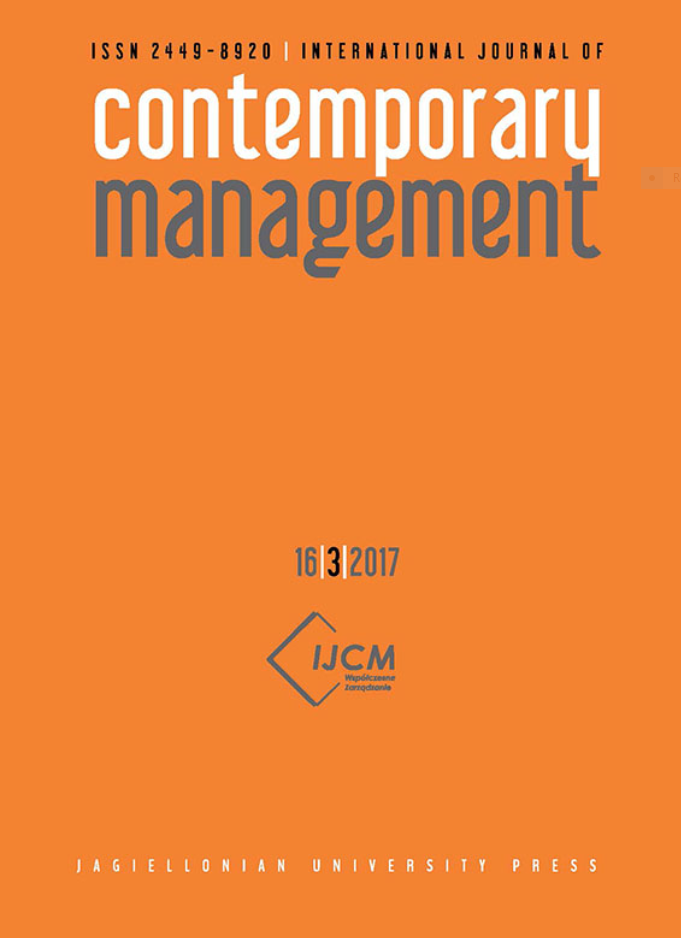Talent Management in Higher Education – a Case Study from Hungary
Talent Management in Higher Education – a Case Study from Hungary
Author(s): Katalin Takács-György, István TakácsSubject(s): Higher Education , Management and complex organizations, Human Resources in Economy
Published by: Wydawnictwo Uniwersytetu Jagiellońskiego
Keywords: talent; knowledge; needs; organisation; students’ research; Hungarian movement;
Summary/Abstract: There is a lot of debate on the role of higher education in the context of intellectuals. Many of them agree as to the question of importance and talent management. Experiences, the students gained during their studies are also key factors for the next generation, this is frequently mentioned in literature of leadership, organisational culture not depending on business or non-governmental organisations. More and more importance goes to an individual, problem solving employee, a human resource that is responsible for new ideas, creating new value is critical. In the modern, developed (successful) economies higher share of value added goes back to knowledge (not to materialised resources or capital), so “people are the main source”. A paradigm change took part in leadership: leaders must be problem solving ones who recline upon the problem solving individuals. Research aims. The aim of this study is to show an example how higher education can meet the expectations of organisations in the context of knowledge based economy, with supporting students’ scientific research work. Methodology. Based on secondary sources, with content analysis the history of the Hungarian Students’ Research Societies movement is introduced. To show the development of Students’ Research Societies statistical data were used. Key findings. Talent management is one of the tasks of higher education, but to define what is talent and what will be a good output of higher education is not too easy. New, competence based educational methods, team-oriented, problem solving project works are needed instead of learn-the-data education, to meet the changed requirements of business and public organisations. The unique, Hungarian Students’ Research Societies movement meets these requirements of talent management. To be successful, at the very beginning of students’ studies a teachers – students’ relationship (trust!) must be developed. What can the student – tutor cooperation, work in scientific society be compared to? To the ancient Greek philosophers, to Aristotle and his school-masters’ mates. When walking on the hill surrounded by his disciples, they discussed scientific, philosophical, political questions or arts, they were equal on the same floor, questions were answered and disciples were introduced into the world of life. By the case study of the unique Students’ Scientific Research Societies, it has been concluded that besides the good research works, thesis, the main result is that by taking part in the scientific work, the students are able to believe: “we are the best”.
Journal: International Journal of Contemporary Management
- Issue Year: 16/2017
- Issue No: 3
- Page Range: 157-188
- Page Count: 32
- Language: English

